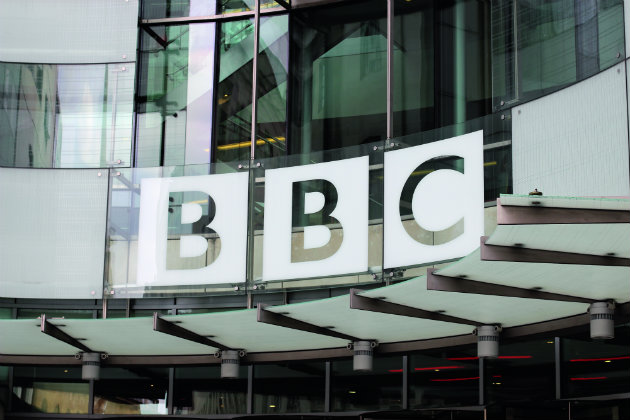How will the new BBC guidelines on impartiality affect Chris Packham and Wild Justice?
It's going to be interesting, says Alasdair Mitchell

Things are changing at the BBC. The new director-general, Tim Davie, recently issued strict guidelines about how ‘colleagues’ should avoid using social media in a manner that undermines the corporation’s due impartiality. That word ‘colleague’ is highly significant.
In the past, freelancers under contract to the BBC have led a charmed life as they were effectively exempt from the BBC’s impartiality rules.
Five years ago, the Countryside Alliance launched a complaint about an article written by Chris Packham in BBC Wildlife magazine. In its subsequent ruling, the BBC Trust said Mr Packham was a freelancer and so did not count as staff or a regular BBC presenter or reporter, nor was he working in news or current affairs, and thus was not bound by the rules against expressing opinions on public policy issues.
The BBC Trust also rejected claims by the Countryside Alliance that a subsequent YouTube video Mr Packham made in response to a petition calling on the BBC to sack him had breached conflict of interest rules. In the video, Mr Packham thanked the public for the support and urged them to sign a petition against grouse shooting and consider joining campaign organisations.
Chris Packham thinks game shooters ‘psychopaths’
The ‘Make Badger Culling, Fox Hunting & Driven Grouse Shooting History’ march called for the banning of legal grouse shooting…
PhD on driven shooting Chris Packham tried to stop is now published
A research paper “Understanding the social impact of participation in driven game shooting in the UK” has given an evidence-based…
The Trust stated: “It was clear that Mr Packham had been expressing his personal views as an individual, and that there was no implication that the charities and other causes he supported were endorsed by the BBC. Accordingly, trustees did not consider that Mr Packham had undermined the BBC’s reputation for impartiality.”
The Trust’s response wouldn’t wash today, because the BBC’s new social media guidelines reveal a different stance. It will be fascinating to see how this plays out. The guidelines are binding on BBC ‘colleagues’, and this term is defined as ‘contractors, employees and freelancers’. The freelance exemption has ended, it seems. The guidelines for ‘all colleagues’ state: “Never use your BBC status to seek personal gain or pursue personal campaigns.”
BBC chiefs are under pressure to act after Chris Packham appeared to break their tough new anti-bias rules on Twitter. Tim Davie’s new social media guidelines have fallen at the first hurdle. https://t.co/PMsAr64rrB
— Countryside Alliance Press Office (@CApressoffice) November 17, 2020
They are even tighter for ‘colleagues’ working in news, current affairs or factual journalism production, stating: “Do not express a view on any policy which is a matter of current political debate or on a matter of public policy, political or industrial controversy, or any other ‘controversial subject’.” Furthermore: “Avoid ‘virtue signalling’ — retweets, likes or joining online campaigns to indicate a personal view, no matter how apparently worthy the cause.”
In the aftermath of the withdrawal of Wild Justice’s judicial review into pheasant releasing, the national news media had little doubt about the role played by a certain BBC presenter. A typical example was a headline in The Times: “Chris Packham wins battle for game-shooting clampdown”. Mr Packham is known to the public because he is a BBC TV presenter of ostensibly factual programmes such as Springwatch. Given the new BBC guidelines and the director-general’s drive to re-establish impartiality, it will be interesting to see whether Wild Justice adjusts its promotional tactics.










